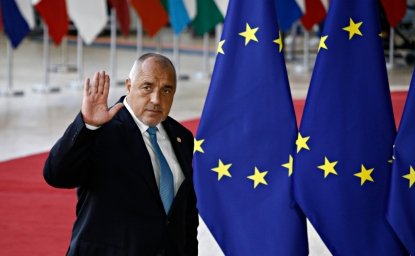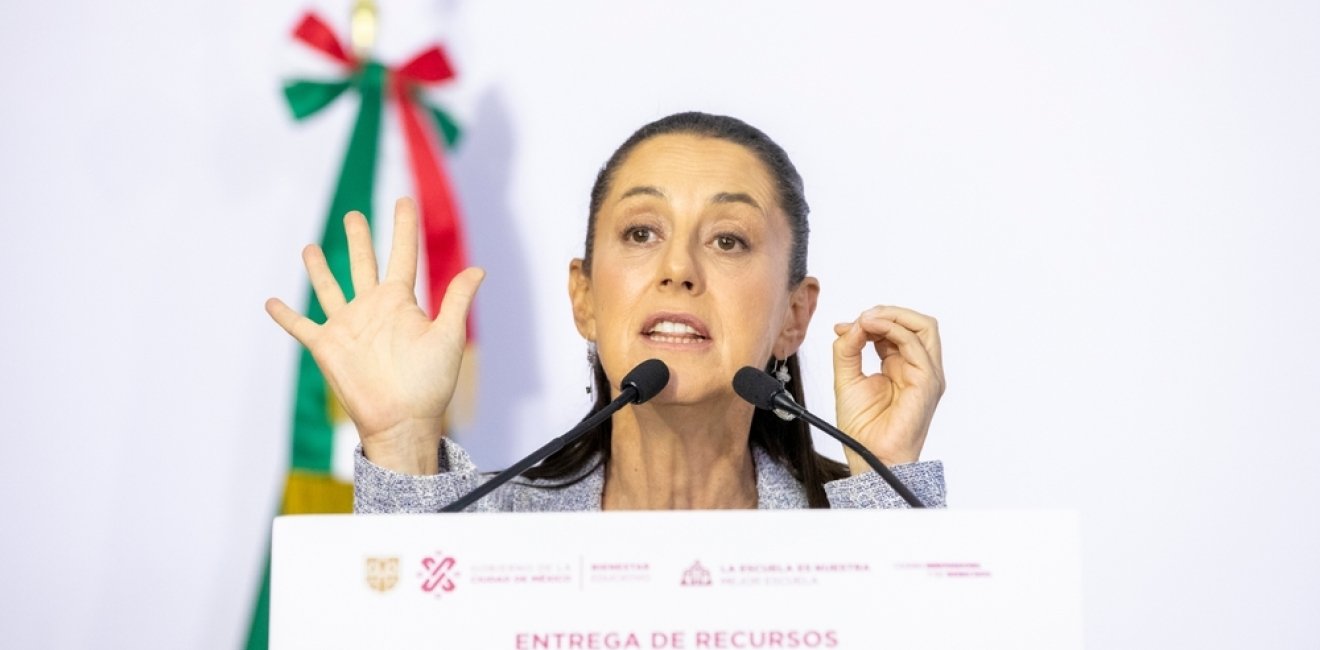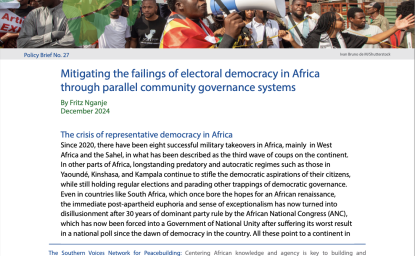Claudia Sheinbaum Pardo leads the race for the Mexican presidency, yet the complex political and fiscal legacy of her predecessor, Andrés Manuel López Obrador (AMLO), represents both an advantage and a burden to her campaign. While she aims for the continuity of her mentor’s key policies in education, energy, and economic development, Mexico’s current fiscal landscape leaves doubts on how her programs might be funded, requiring careful consideration and strategic policymaking.
Sheinbaum has expressed her intent to avoid robust fiscal reform, opting instead for more stringent tax collection policies. She envisions a government financed through increased efficiency in tax collection rather than higher tax rates. Mexican local and federal governments face substantial fiscal challenges. On the income side, tax collection is erratic and weak. On the expense side, the tax collection process exhibits high operating costs and areas of inefficiency weaving through Mexico’s complex bureaucratic system, which Claudia hopes to simplify.
Sheinbaum's proposal to increase government revenue without raising tax rates is commendable in principle. She emphasizes the removal of barriers to investment and cutting red tape to encourage business and private sector investment, a strategy she successfully implemented as mayor of Mexico City. Digitizing procedures and streamlining bureaucratic processes have been highlighted by Sheinbaum as ways to reduce corruption and enhance revenue without burdening taxpayers.
However, sustaining this stance could prove challenging. Mexico faces substantial public spending pressures, particularly in funding increased social pension stipends. Pensions are set to consume 22% of the budget in 2024, reflecting AMLO's commitment to a 25% increase in the social pension stipend by the end of his six-year term. The fiscal deficit, a significant -5.4% in its broadest definition, raises concerns about the sustainability of an expansionary fiscal policy.
Additionally, Sheinbaum's commitment to the state's role in energy, particularly supporting national companies Pemex (Petróleos Mexicanos) and the CFE (Comisión Federal de Electricidad), appears at odds with her goals of embracing renewable energy and aligning with international climate change policies. Balancing these seemingly contradictory objectives presents a substantial policy challenge. Meanwhile, Sheinbaum’s opposition, Xochitl Gálvez, candidate for the Fuerza y Corazón por México coalition, plans for a sweeping overhaul of Pemex and greater private sector involvement in the energy sector.
However, economists caution that maintaining low government spending, a hallmark of AMLO's presidency, will likely require fiscal reform in the coming years to avoid jeopardizing Mexico's credit rating, which could lead to higher borrowing costs, reduced access to international capital markets, and decreased investor confidence. While Sheinbaum asserts her commitment to fiscal responsibility, the tension between sustaining social programs and adhering to austerity policies may necessitate reevaluation.
While facing the challenge of balancing continuity with necessary reforms, Sheinbaum must also contend with the charismatic legacy of AMLO, on whose popularity, and approval, she depends. As the election unfolds, Sheinbaum's commitment to maintaining low government spending and fostering a business-friendly environment will be under scrutiny. The delicate balance between sustaining social programs, encouraging economic growth, and adhering to fiscal responsibility requires a nuanced approach. Investors and voters alike will keenly observe how Sheinbaum navigates these challenges, providing a clearer understanding of her policy convictions and shaping Mexico's economic trajectory for the next six years.
Author

Mexico Institute
The Mexico Institute seeks to improve understanding, communication, and cooperation between Mexico and the United States by promoting original research, encouraging public discussion, and proposing policy options for enhancing the bilateral relationship. A binational Advisory Board, chaired by Luis Téllez and Earl Anthony Wayne, oversees the work of the Mexico Institute. Read more

Explore More
Browse Insights & Analysis
Bulgaria: Political Crisis With No End in Sight?

Did the 20th Century Just End? One Historian’s Perspective



